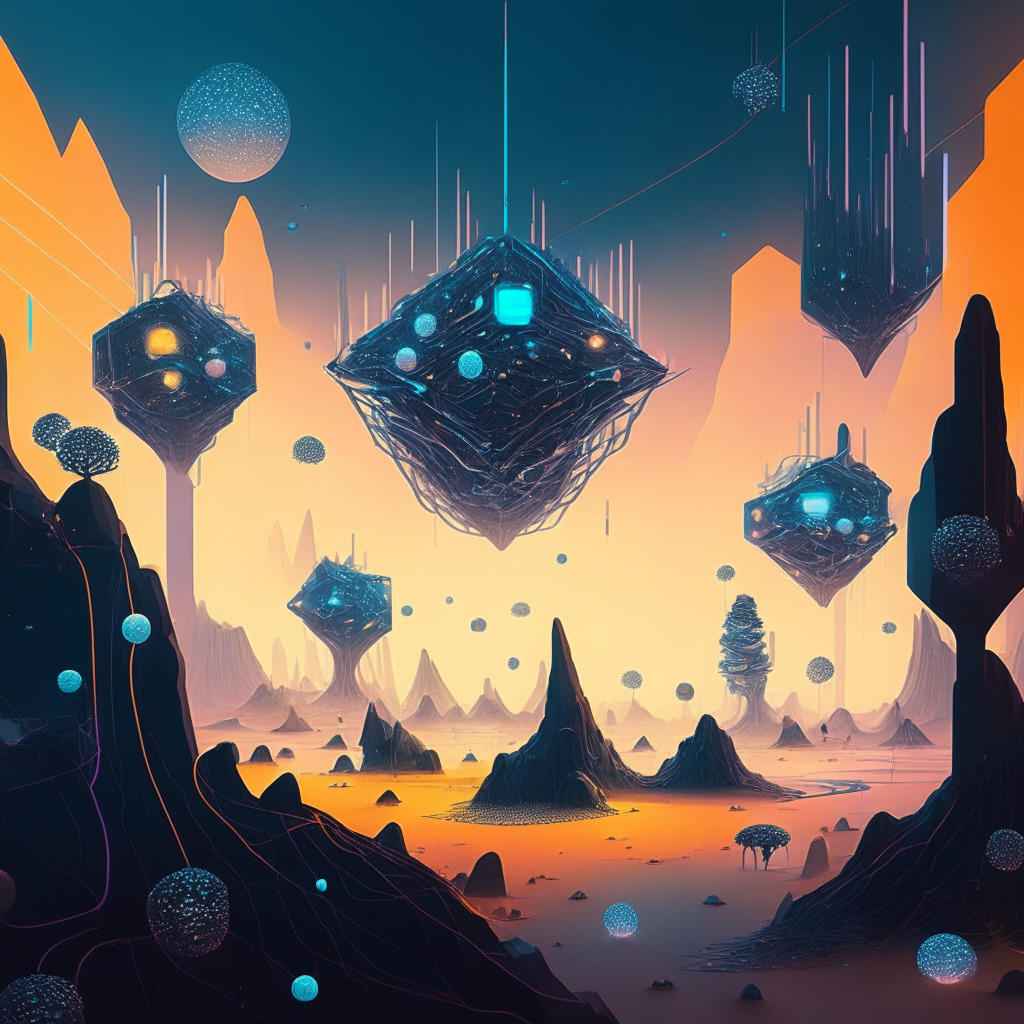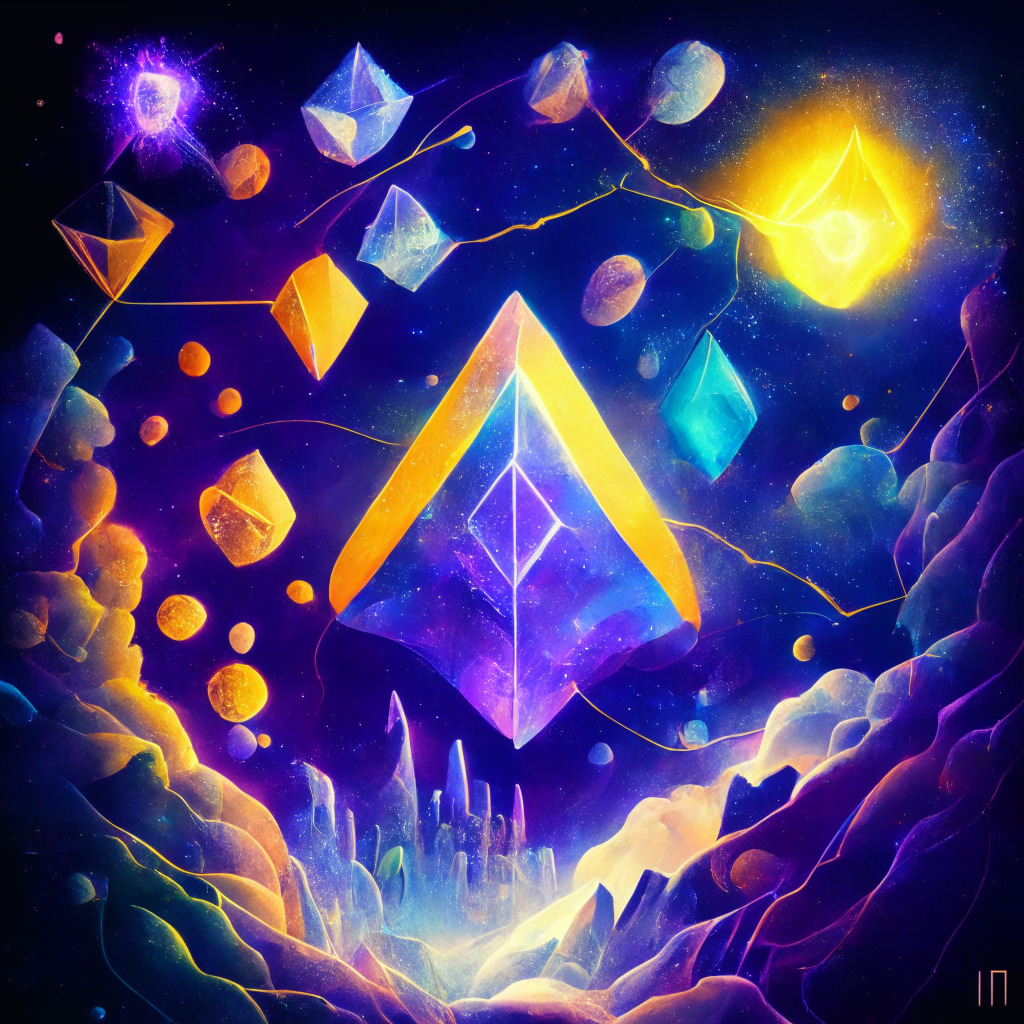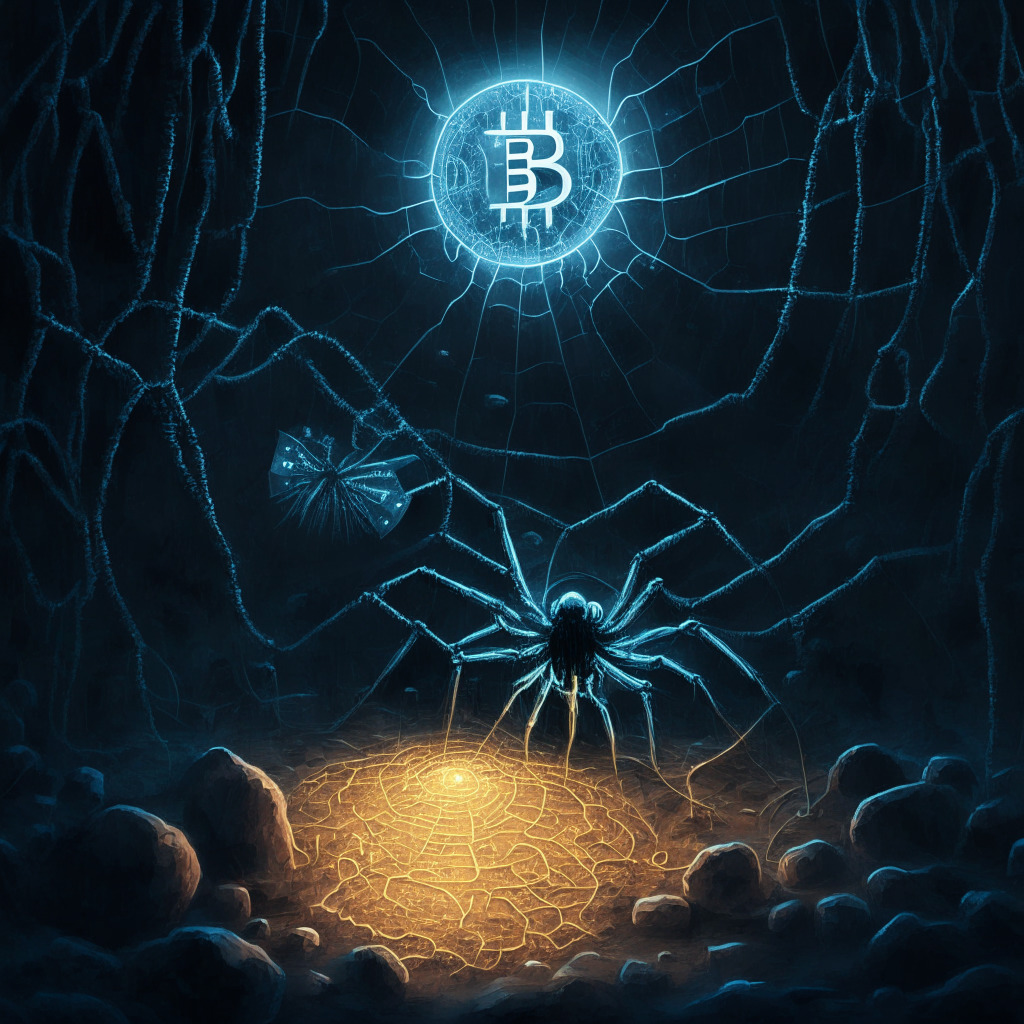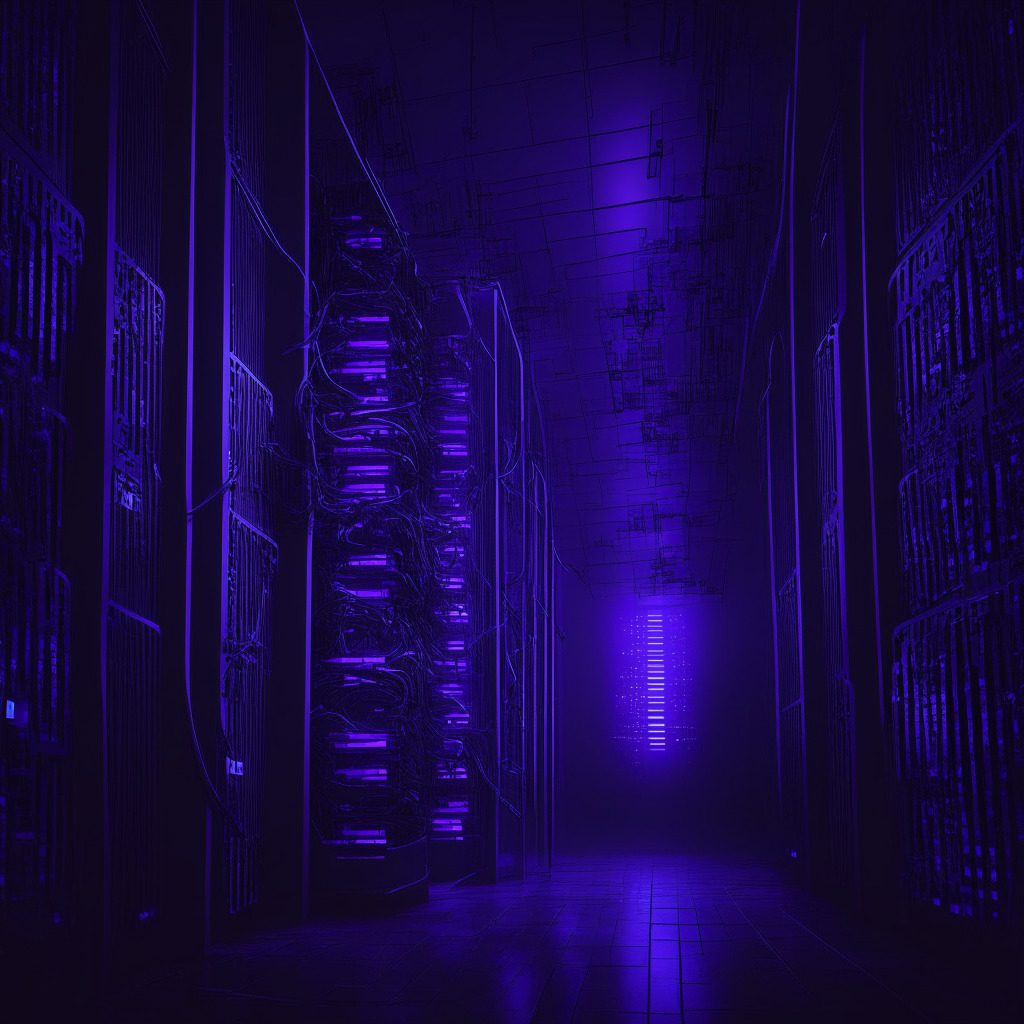Artificial intelligence (AI) could be the missing piece for decentralized autonomous organizations (DAOs) according to the co-founder of Framework Ventures, Vance Spencer. He envisions a future where trained AI models become valuable assets on-chain, levelling the playing field between deeply embedded insiders and peripheral community members, and eventually improve its processes over time without requiring centralized authority.
Spencer suggests AI could infuse true “autonomy” into DAOs, a sector famed for the absence of central authority but far from full decentralization or autonomy. Contradicting descriptives aside, the application of AI in DAOs holds promise. However, critics may argue that the shift towards AI-run systems may risk human oversight and consequently, the democratic essence of DAOs.
Spencer further mused on the tokenization of trained AI models on blockchain. This concept, already being experimented with in Ethereum’s decentralized app and game ‘AI Arena’, is tipped to yield highly valuable assets on-chain, although the risks and logistical requirements of such a complex endeavour are worth noting.
Spencer’s view of the potential marriage of AI and blockchain is optimistic, and for good reason. Blockchain technology can play a decisive role in auditing and verifying AI-provided information, an invaluable asset in an era anxious about the authenticity and integrity of digital information. However, skeptics could wonder if the opacity and complexity of both technologies could alienate vast segments of society, widening digital divide concerns.
Still, the possibilities and prospects seem robust. Decentralized computing marketplaces could see crypto playing a part in the growth of AI, with blockchain-based protocols working as a marketplace for buyers to purchase idle computing processing power. The current shortage of GPU chips makes this especially relevant.
As these technologies continue their intertwining dance, fascinating outcomes are anticipated as well as apprehensions. The question that accompanies such technological cross-pollination is how well society can adapt, grasp, and control the reins of these powerful tools. Ultimately, as with every technological revolution, it will be crucial to ensure the human element is not lost amidst the march of progress, and that these advanced tools are harnessed for the collective good, not just the technologically savvy.
Source: Cointelegraph




